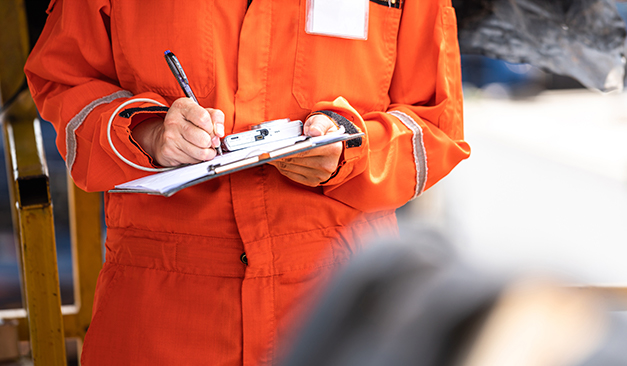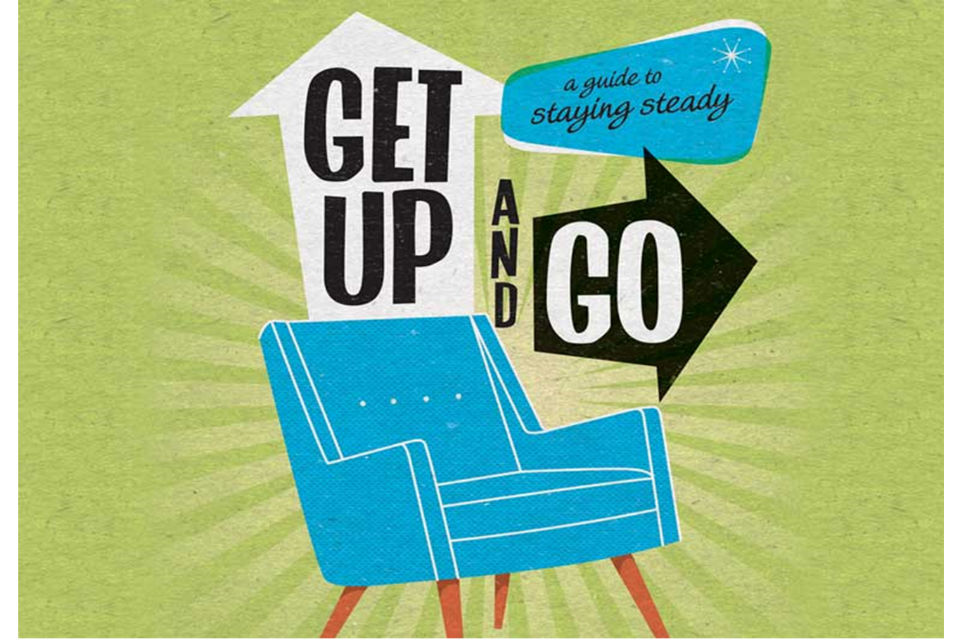5 Easy Facts About Dementia Fall Risk Described
5 Easy Facts About Dementia Fall Risk Described
Blog Article
The Greatest Guide To Dementia Fall Risk
Table of Contents7 Simple Techniques For Dementia Fall RiskNot known Facts About Dementia Fall RiskRumored Buzz on Dementia Fall RiskNot known Factual Statements About Dementia Fall Risk Little Known Facts About Dementia Fall Risk.
The FRAT has 3 sections: fall risk standing, threat variable list, and activity plan. A Loss Danger Standing includes information concerning history of recent falls, medicines, mental and cognitive status of the patient - Dementia Fall Risk.If the client scores on a threat factor, the equivalent variety of points are counted to the patient's autumn danger score in package to the much best. If a client's fall threat score amounts to five or greater, the person goes to high risk for drops. If the individual ratings only four points or lower, they are still at some risk of falling, and the nurse ought to use their ideal medical evaluation to take care of all loss threat elements as component of a holistic care strategy.
These basic methods, in general, help create a safe environment that minimizes unintentional falls and marks core preventative steps for all clients. Indications are essential for people at threat for drops.
Dementia Fall Risk for Beginners
Wristbands must include the client's last and first name, date of birth, and NHS number in the UK. Just red shade needs to be utilized to signify special client condition.
Items that are as well far may call for the patient to get to out or ambulate needlessly and can possibly be a threat or add to falls. Assists avoid the person from going out of bed with no support. Nurses react to fallers' call lights faster than they do to lights launched by non-fallers.
Visual impairment can significantly create drops. Keeping the beds closer to the floor reduces the threat of drops and major injury. Putting the cushion on the flooring dramatically decreases loss threat in some health care setups.
The 20-Second Trick For Dementia Fall Risk
Patients that are tall and with weak leg muscular tissues who try to rest on the bed from a standing setting are most likely to drop onto the bed since it's as well reduced for them to reduce themselves securely. Additionally, if a tall person efforts to obtain up from a reduced bed without assistance, the client is likely to fall back down onto the bed or miss out on the bed and drop onto the go to this website floor.
They're created to advertise prompt rescue, not to avoid falls from bed. Distinct alarm systems can likewise advise the patient not to rise alone. Using alarm systems can likewise be a replacement for physical restrictions. Apart from bed alarms, enhanced supervision for high-risk patients likewise might help protect against falls.

People with an evasion gait rise loss opportunities substantially. To minimize fall threat, shoes ought to be with a little to no heel, slim soles with slip-resistant step, and additional info sustain the ankles.
Dementia Fall Risk Fundamentals Explained
In a study, homes with adequate lights report fewer drops (Ramulu et al., 2021). Renovation in lights at home may decrease fall prices in older adults.

Sitters are reliable for assuring a safe and secure, safeguarded, and risk-free atmosphere. Studies showed very low-certainty evidence that caretakers minimize fall danger in acute treatment medical facilities and only moderate-certainty that choices like video surveillance can minimize caretaker use without enhancing fall danger, recommending that sitters are not as valuable as at first thought (Greely et al., 2020).
The 10-Second Trick For Dementia Fall Risk

Raised physical conditioning minimizes the threat for drops and restricts injury that is suffered when autumn takes place. Land and water-based workout programs may be likewise advantageous on equilibrium and gait and thus decrease the danger for falls. Water workout may contribute a favorable advantage on balance and stride for ladies 65 years and older.
Chair Surge Workout is a simple sit-to-stand exercise that helps enhance the muscular tissues in the upper legs and buttocks and improves movement and self-reliance. The objective is to do Chair Rise exercises without using hands as the client ends up being stronger. See resources section for a thorough guideline on how to perform Chair Rise exercise.
Report this page